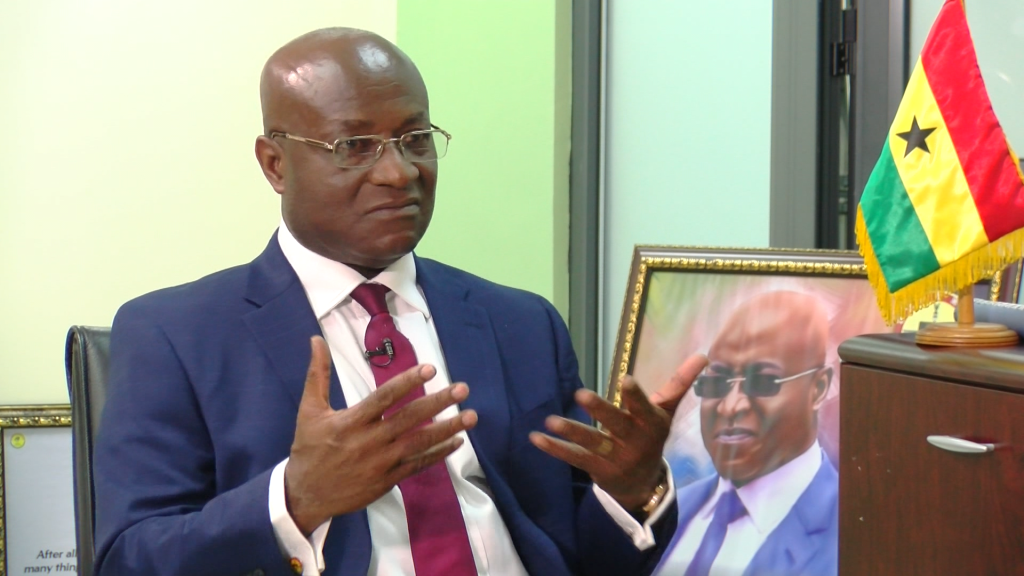Majority leader in Parliament, Osei Kyei-Mensah-Bonsu, has stated the COVID-19 pandemic and the Russian-Ukraine war conspired in a very unhealthy manner to worsen the vulnerability of the Ghanaian economy.
He said these have created internal and external imbalances to declining economic growth, high inflation and unsustainable financing of the current deficit, huge debt overhand, and rapid depreciation of the cedi.
Speaking at a post-budget workshop on the Budget Statement and Economic Policy of government for the 2023 financial year on Friday, November 26, the Majority leader noted these variables have brought a lot of hardships to the system but particularly to the poor and vulnerable.
He indicated, however, that the 2023 Budget has been crafted with the intention of cushioning the populace through increased spending on social protection.
The Budget, he said, reaffirms the government’s resolve to deal with structural rigidities inherent in the Ghanaian economy and also bring about the economic transformation needed for the development of the country.
“The focus on the provision of critical infrastructure and the import substitution strategy adopted by government would in the medium term not only replace transaction costs but also create the needed employments to close the actual uneven potential output gaps and reduce pressure on the cedi.”
“The revenue measures and expenditure measures also contained in the 2023 Budget is very welcoming. This will help redress the persistent fiscal deficits that have characterized the Ghanaian economy and restore macroeconomic stability,” he said.
The Majority leader lamented that Ghana’s economic development has stalled over the years because of the very partisan and politically tainted composition of the National Development and Planning Commission.
According to him, the state has not yet agreed on a long-term national development plan.
He charged members to take the role Parliament plays as a guardian of the public purse more seriously than ever.
The ultimate control over the national budget, he said, rests with Parliament because the House has input into how monies should be obtained and spent.
He said, “After allocations have been approved, it becomes pertinent for us as Parliamentarians to strengthen our oversight responsibilities to ensure measures put in place by the government to restore macroeconomic stability are adhered to at these critical times.”
This, he said, requires MPs to have regular engagements with the Finance Ministry and its agencies and also request the necessary information to guide the House in the discharge of its oversight responsibilities.
